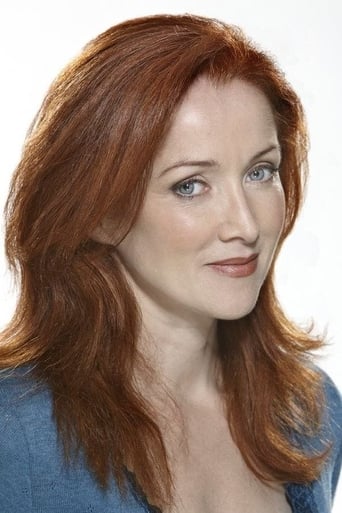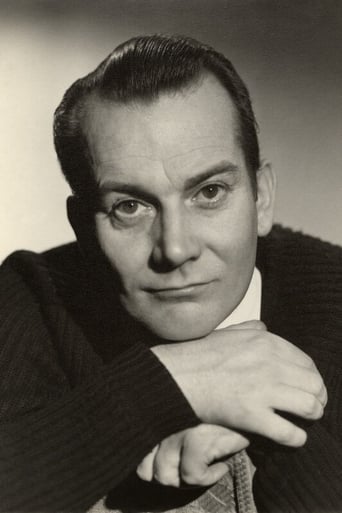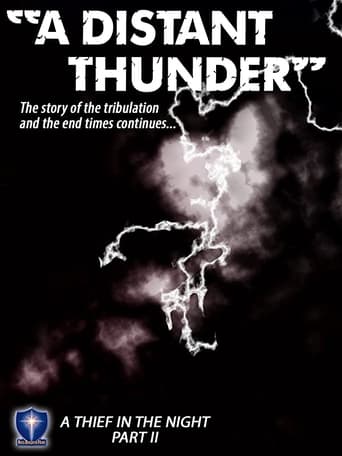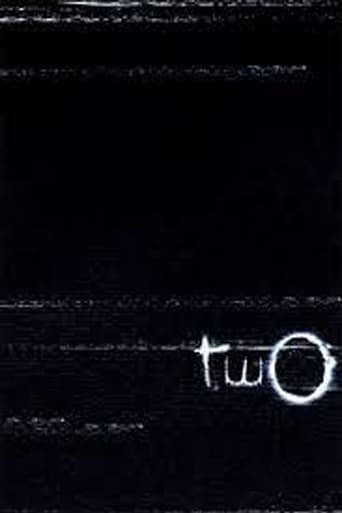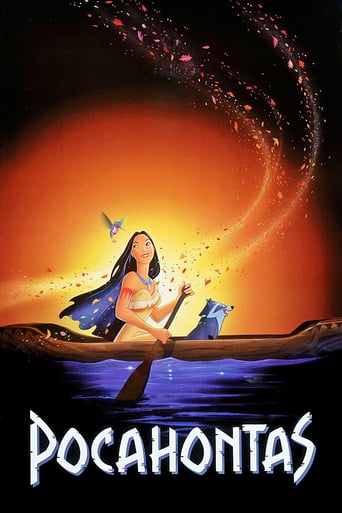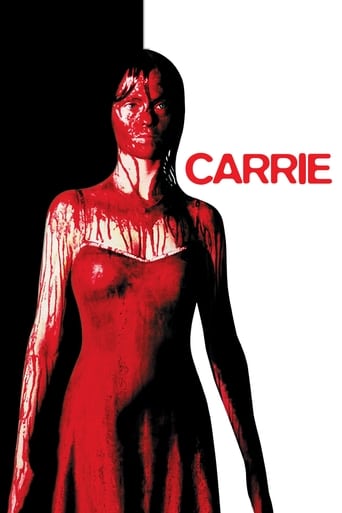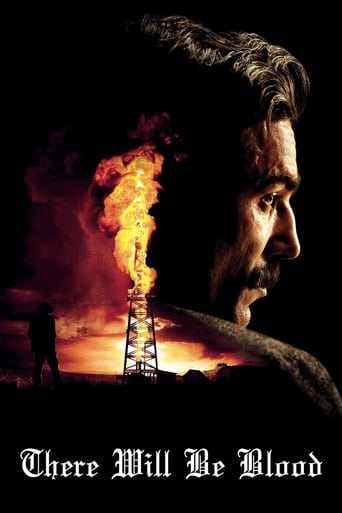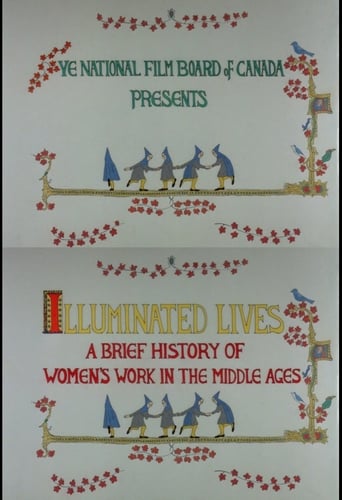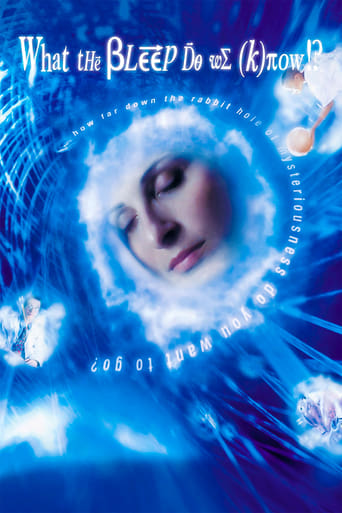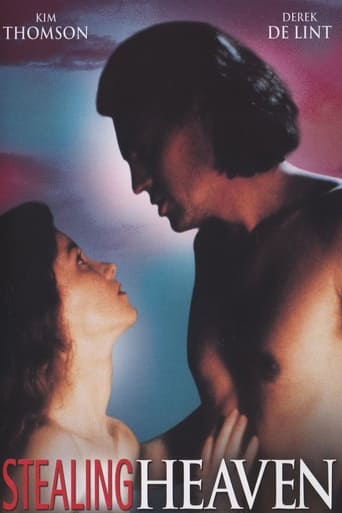
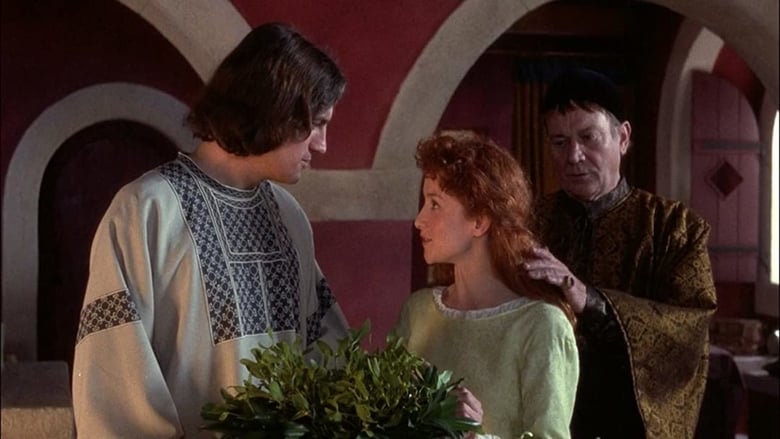
Stealing Heaven (1989)
Abelard, a famous teacher of philosophy at the cathedral school of Notre Dame, falls in love with one of his students, Héloïse d'Argenteuil. A sixteen-year old girl raised in a convent, Héloïse has an intellectual curiosity and rebels against the status of women in 12th century Europe. When others begin to suspect their relationship, Heloise's uncle Fulbert and the bishop of Paris work together to put a stop to it. Héloïse becomes pregnant with Abelard's child, and they are married in secret. Abelard struggles for acting against the will of God, yet is unable to escape his love for Heloise.
Watch Trailer
Cast


Similar titles
Reviews
This was a wonderful film, but I will admit that I am not writing this review to extol its virtues. In fact, I am writing in response to the foulest review preceding mine, "A Romance in which Philosophies Clash" by BlackMonk.BlackMonk, your review of Stealing Heaven was an outrageous atrocity for which you should never be forgiven. Were I a ranking member of the ecclesiastical hierarchy, I would surely have you excommunicated immediately, or at least prescribe a penance of the most merciless and puritanical nature. Your conception of the middle ages is antiquated, outmoded, and uneducated; Your understanding of Abelard's thought is baseless and retarded, and your sense of taste is all but nonexistent. It would be to the benefit of all IMDb readers if you would lay down your wretched pen and never cast judgment on another work of artistic merit for the rest of your cursed days.I suggest, sir, that you henceforth adhere to a strict regimen of daily self-flagellation, in the hopes that it will instill some piety and love of Beauty and the Divine within you. Should this fail, deep reflection or self-imposed exile may be your only hope of redemption.sincerely, CMK
Good enough movie, great story. Abelard and Heloise share one of the great love stories of history. Throw in the religious environment of the middle ages, the clergy's sacred vow of chastity, and a life long enforced penitence, not to mention the unmentionable punishment for any male, and you have a worthwhile film if at all well-made, which this one is. It's a shame that more meaningful movies like this one can't be made available to the American public. The U.S. version has been cut of some sexual content to avoid an R rating, but the love scenes are still erotic and moving. Period costuming also add to the color and enjoyment of 'Stealing Heaven'. As an added bonus, you get philosophical and theological argument and debate. A really worthwhile film overall.
Spoilers. Abelard is handsome and a great teacher. Heloise (I can't find those accents anywhere!) is a slender passionate young woman with penetrating blue eyes and a mop of Irish-looking wiry reddish hair. "By custom," teachers are supposed to be celibate. The two meet. Uh-oh. Trouble rears its ugly head. By what turns out to be a stroke of really bad luck, Abelard winds up living in the house of Heloise's uncle and takes her under his wing to, um, tutor her. She's not what you would call inhibited in expressing her affection for him. There are a few challenging questions from her and a few surprised and charmed responses from him, and the next thing you know they're in the kip together, rolling around naked and rutting like two wart hogs in heat. Abelard never does show very much doubt when it comes to doffing the customs of the time, or the costumes either for that matter. Alas, Heloise is pregnant and is sent away to live with Abelard's sister. He remains behind, still teaching, protected by the Bishop who wants this academic magnet to continue drawing in droves of students. But there's a villain in this piece. Heloise's uncle sees to it that the same thing is done to Abelard as was done to Paul Newman in "Sweet Bird of Youth," the play, not the movie. I haven't read the written material this movie is based on, so can't compare the two, but the plot at this point seems to get pretty twisted. Heloise seems determined enough to live with Peter, even in his emasculated condition, but he decides that he wants to become a priest and would like her to join the church as well, though a less likely nun is hard to imagine.Later they are thrown together again -- as priest and nun -- as part of a group building a church in the wilderness. Then they're separated for good.It all seems so distant in time now, so far away, so "medieval." But it really isn't. Not if you've been around for a while. It wasn't that long ago in the USA that "illegitimate pregnancy" constituted a scandal. (Vide, "A Place in the Sun".) Abortions were illegal. (Not that that stopped them from being performed, to the tune of about one million a year.) It was in the 1950s that an American woman made headlines by traveling to Sweden in order to have a legal abortion. Women of means who became pregnant out of wedlock had to leave town on the pretext of an extended visit to a relative in order to bear a child. (Arguments in favor of multicultural curricula should take diachronic differences into account as well as geographic ones; that way we can get back to basics. You want to experience the "other"? Read The Iliad.) I congratulate the people who made this film. (They seem to include performers like Susan George and Simon MacCorkindale.) What they've done is produce an intelligent tale of life in medieval Europe in which the clashes involve philosophies, not armies. It's a bold stroke, making a movie like this to be released to a generation grown up on violent computer games. Abelard and Heloise are part of our cultural heritage. Their names are linked, like Beatrice and Dante, Laura and Petrarch, Romeo and Juliet, Hero and Leander, Narcissus and Narcissus. And this film about Abelard and Heloise is engaging too, not merely instructional. I'm not exactly sure what a "steamy bodice-ripper" is. If it's anything like the abysmal "Mandingo," or the blockbusting "Gone With the Wind," then this isn't an example of it, although the nudity is enjoyable. I commend too the production designer, an always underrated artist. There's a recent tendency for pictures about this period to be gloomy and dank, but here we have refreshingly brightly painted interiors, walls with wispy pastel murals, and the director gives them their due. Wardrobe too is convincing, without being in-your-face about it. I never realized how quickly and easily one could slip out of all those billowing robes and things until I saw the love scenes here. Yes, all around, sad but a good show.
I find myself in total agreement with BlackMonk. This is the ultimate philosophical love story. It attempts to answer the age-old question: What is the purpose of life? Is it to serve God, as Abelard thought, or to pursue happiness on Earth, as Heloise believed?The film makers do a brilliant job of setting up the dramatic conflict between these two views of life. The writing, dialogue, direction, and acting are all first rate. This is one of the greatest movies ever made, and one of history's greatest love stories! Kim Thompson should have received an Academy Award nomination for her portrayal of Heloise. She was Heloise.It amazes me that one little film gimmick, a feather, could be used so brilliantly to help answer one of life's eternal questions. Make sure you pay close attention to the opening scene, one of the greatest scenes in movie history.Enthralling!



